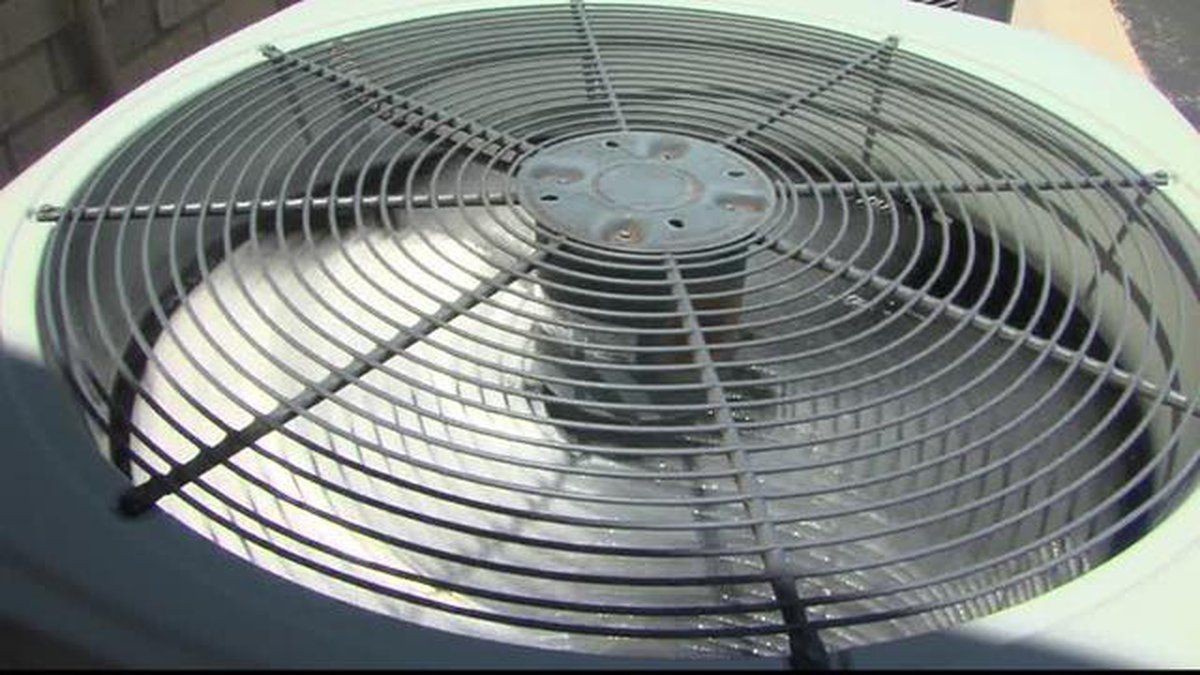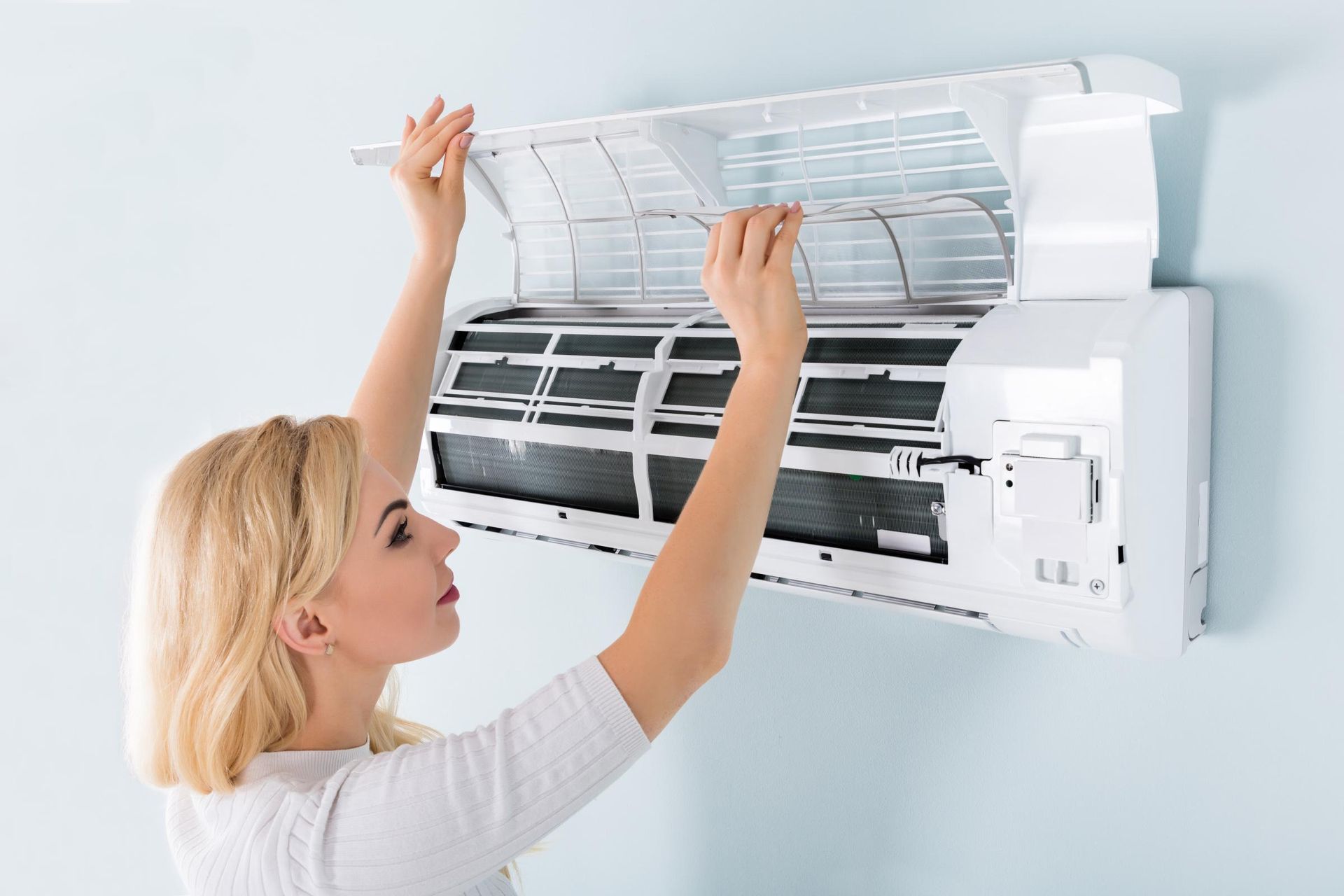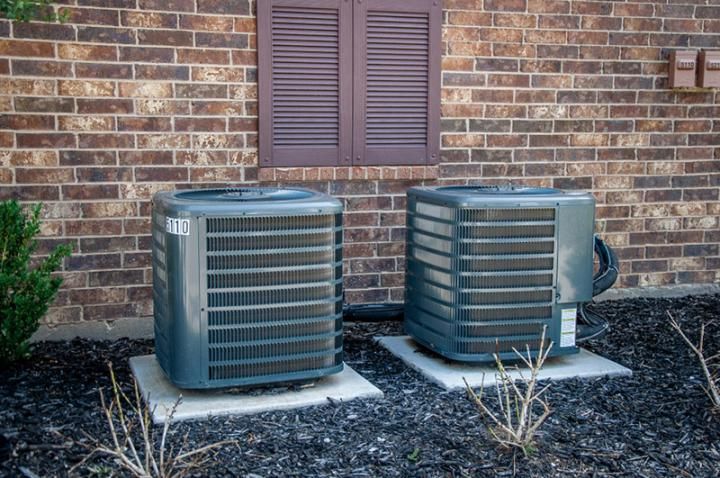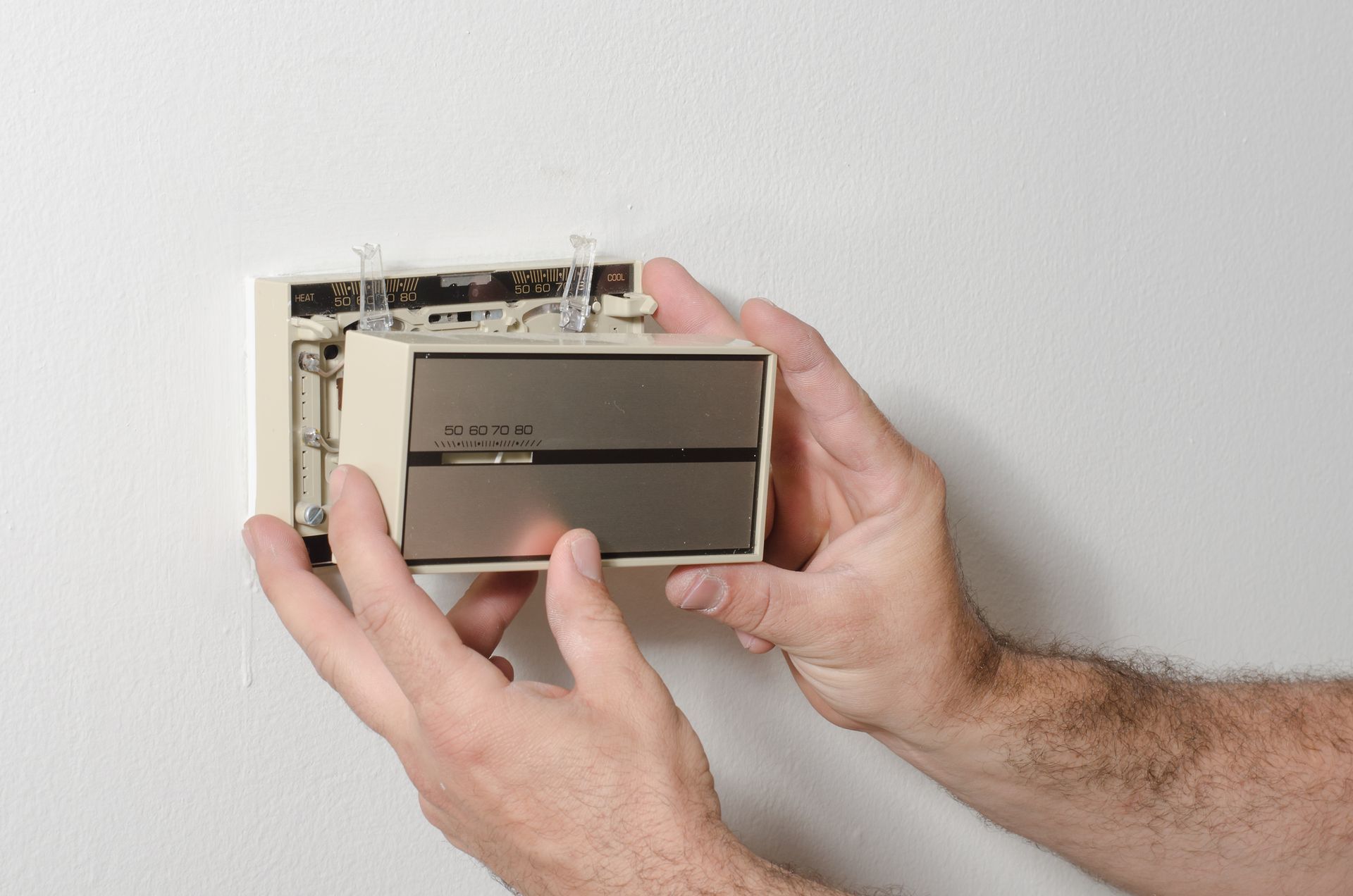Don’t Be That Guy – Distracted Driving
You’re not the problem, right? It’s the other guy…
It’s safe to say, at this point, that most people know that distracted driving is a bad idea. Over the last decade, public service campaigns from the government, nonprofits, and even phone companies have raised awareness of the dire consequences of texting and driving. New laws have placed serious restrictions on what people can do with their phones in their cars. And yet, in Massachusetts, the number of distracted crashes has risen 170 percent from 2014-2016.
It’s time for ads to go beyond awareness and start focusing on behavior change. A major challenge to this is what researchers call the “third person” effect: when people are reminded of the dangers of texting and driving, they assume it’s the other guy who’s the problem. Not them-they’re great at multitasking.
Do you know the cell phone driving laws in Massachusetts? If you haven’t been following the news, you may need a refresh. Because the rules just changed…
Can I use my cell phone while driving in Massachusetts?
Beginning February 23, 2020, MA drivers can only use mobile devices in “hands-free mode.” See the update in red (below) for more info.
Previously, drivers 18 and older were allowed to talk on phones while driving, so long as one hand remained on the wheel at all times, and providing the device did not interfere with driving. For those under 18, any use of a mobile phone while driving (even just for talking) has long been prohibited. Use of Mobile Phone/Electronic Device by Junior Operator comes with a $100 first-offense penalty AND a 60-day license suspense and attitudinal course requirement.
How and when is the MA cell phone law changing?
In November 2019, Governor Charlie Baker signed a hands-free driving bill into law. The bill is titled “ An Act Requiring The Hands-Free Use Of Mobile Telephones While Driving .” Per the new law, anyone operating a motor vehicle cannot touch or hold a mobile electronic device, “except to perform a single tap or swipe to activate, deactivate, or initiate hands-free mode.” The law allows talking, texting and other tasks to be completed via voice command only. Certain emergency exceptions apply.
Can I text while driving in MA?
No! Under no circumstances can you write, read, or send text messages while driving. Here’s another key point: this restriction applies even when you are stopped in traffic. So don’t try sneaking in a few texts at the red light or during your gridlock commute: it’s a civil offense. The first time you’re caught will cost you $100—$250 and $500 fines come after that.
Can I check my phone for directions or other online information while driving?
If you have a hands-free navigational device that is permanently or temporarily affixed to your car, you are not running afoul of cell phone driving laws. But you should not be checking directions from a phone that is loose on your lap or in the passenger seat. Similarly, even if you’re checking websites or emails to help you get where you’re going, you cannot access these screens while driving; that would be considered an offense.
Can I text while stopped in traffic?
No! See above answer on texting while driving in MA. Another point of emphasis: you cannot read text messages that have already been sent to you while driving.
What are the penalties for breaking cell phone driving laws?
Penalties vary, depending on the type of offense and whether you’ve already been flagged for it or not.
A first-time violation will result in a $100 fine. Your second offense will cost you $250. Third offenses and beyond will cost $500 each. AND, once you’re caught a third time. you’ll be in the “surchargeable incident” category, which means cell phone use while driving could affect your MA car insurance rates. (A surcharge-able incident is an at-fault car accident or traffic law offense that may result in an increase in your insurance premium.) Here’s the official lingo:
( e) A first or second offense under this section or section 8M shall not be a surcharge-able 66 incident under section 113B of chapter 175 or under a motor vehicle liability policy as defined in 67 section 34A that is issued pursuant to said chapter 175; provided, however, that a third or 68 subsequent offense under this section or section 8M shall be a surcharge-able incident under said 69 section 113B of said chapter 175 or under a motor vehicle liability policy as defined in said 70 section 34A that is issued pursuant to said chapter 175.
10 tips for managing driver distractions
- Turn it off. Turn your phone off or switch to silent mode before you get in the car. Or better yet, put the phone away in a place it cannot be accessed while driving.
- Spread the word. Set up a special message to tell callers that you are driving and you’ll get back to them as soon as possible, or sign up for a service that offers this.
- Pull over. If you need to make a call, pull over to a safe area first.
- Use your passengers. Ask a passenger to communicate for you.
- X the text. Don’t ever text and drive, surf the web or read your email while driving. It is dangerous and against the law in most states.
- Know the law. Familiarize yourself with state and local laws before you get in the car.
- Prepare. Start your GPS or review maps and directions before you start to drive. If you need help when you are on the road, ask a passenger to help or pull over to a safe location to review the map and/or directions.
- Secure your pets. Pets can be a big distraction in the car. Always secure your pets properly before you start to drive.
- Keep the kids safe. Pull over to a safe location to address situations with your children in the car.
- Focus on the task at hand. Refrain from smoking, eating, drinking, reading and any other activity that takes your mind and eyes off the road.










At 24/7 Local HVAC, we specialize in facilitating connections with top-tier HVAC professionals. Our focus is on bridging the gap between you and reputable HVAC companies operating within your local vicinity. It's important to emphasize that each of these HVAC entities functions independently and autonomously.
We firmly place the onus on every individual user to meticulously verify that any selected HVAC company aligns with the mandated licensing and insurance prerequisites stipulated by the governing authorities in their respective jurisdiction.
Furthermore, it's worth noting that our services may regrettably not cover all geographical areas. In instances where our services are available, the scope of offerings could potentially differ based on the composition of service providers present within that particular region.

